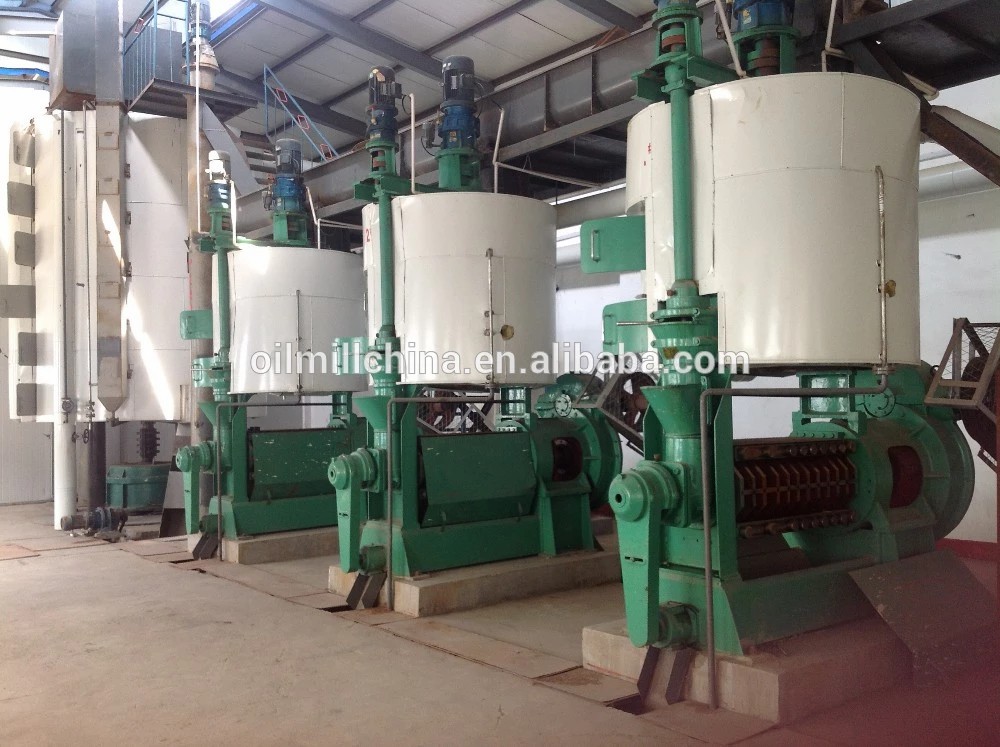Aug . 14, 2024 12:56 Back to list
Wholesale Flaxseed Oil Refining Equipment for High-Quality Oil Production and Enhanced Nutritional Benefits
Wholesale Flaxseed Oil Refining Line A Comprehensive Overview
Flaxseed oil, also known as linseed oil, has gained significant popularity due to its rich omega-3 fatty acid content, particularly alpha-linolenic acid (ALA), and its numerous health benefits. As consumers become more health-conscious, the demand for high-quality flaxseed oil has surged, prompting manufacturers to invest in efficient refining lines to produce oil that meets consumer expectations. This article explores the essential aspects of a wholesale flaxseed oil refining line, highlighting its processes, benefits, and market potential.
The Importance of Flaxseed Oil Refining
Flaxseed oil is extracted from the seeds of the flax plant and is known for its light flavor and high nutritional value. However, to ensure the oil is safe for consumption and has a long shelf life, refining is necessary. The refining process removes impurities, such as free fatty acids, phospholipids, and other compounds that can affect the oil's flavor and stability. A well-designed refining line can significantly enhance the quality of flaxseed oil, making it more appealing to both retailers and consumers.
Key Processes in Flaxseed Oil Refining
A typical flaxseed oil refining line comprises several essential processes
1. Degumming This initial step involves the removal of phospholipids and other hydrophilic impurities. Water or acid solutions are added to the crude oil to facilitate the separation of these unwanted components.
2. Neutralization Free fatty acids can cause rancidity and unpleasant flavors. Neutralization is conducted by treating the degummed oil with an alkali solution, which helps to neutralize these acids and form soapstock, which can be removed.
3. Bleaching Bleaching agents are used to remove pigments and other impurities, resulting in a lighter-colored oil. This step enhances the aesthetic appeal of the final product, making it more attractive to consumers.
wholesale flaxseed oil refining line

4. Deodorization This crucial step involves heating the oil under vacuum conditions to remove volatile compounds responsible for undesirable odors and flavors. Deodorization not only enhances the flavor of the oil but also increases its shelf life.
5. Winterization For certain applications, particularly in food industries, winterization may be required. This process involves cooling the oil to crystallize and remove higher melting point fatty acids, ensuring the oil remains clear at lower temperatures.
Benefits of a Refining Line
Investing in a wholesale flaxseed oil refining line brings numerous advantages
- Quality Assurance A well-designed refining line ensures that the final product meets high standards, addressing consumer demands for purity and safety. - Extended Shelf Life Refining processes significantly reduce the risk of rancidity, resulting in a longer shelf life for the oil. - Market Competitiveness High-quality, refined flaxseed oil can command better prices in the market, providing manufacturers with a competitive edge. - Versatility Refined flaxseed oil can be utilized in various applications, including cooking, dietary supplements, and cosmetic products, catering to a wide range of consumer needs.
Market Potential
The market for flaxseed oil is expanding, driven by increasing awareness of its health benefits. As demand surges, manufacturers are presented with opportunities to enhance production capabilities through sophisticated refining lines. By embracing modern technology and streamlining their operations, producers can meet the growing consumer appetite for high-quality flaxseed oil.
Conclusion
In conclusion, a wholesale flaxseed oil refining line is crucial for addressing the rising demand for premium flaxseed oil. By implementing efficient refining processes, manufacturers can ensure product quality, extend shelf life, and enhance market competitiveness. As consumers increasingly seek healthy and nutritious options, the investment in refining capabilities will undoubtedly prove beneficial in the dynamic marketplace.
-
High-Efficiency Peanut Oil Refined Machine for Quality Oil Production Leading Exporters & Companies
NewsJul.08,2025
-
High Efficiency Sunflower Seed Oil Press – Leading Cooking Oil Press Machine Factories & Suppliers
NewsJul.08,2025
-
High-Efficiency Soybean Oil Press Machine – Leading Exporters & Reliable Companies
NewsJul.07,2025
-
High-Efficiency Seed to Oil Extractor – Reliable Extraction Machinery for Your Business
NewsJul.07,2025
-
High-Quality Pressing Screw of Oil Expeller for Efficient Oil Extraction Leading Exporters & Manufacturers
NewsJul.06,2025
-
High-Efficiency Essential Oil Extraction Machine Trusted Exporters & Companies
NewsJul.06,2025
